Marine Life Encyclopedia
Seabirds
Adelie Penguin
Pygoscelis adeliae
Distribution
Circumpolar around Antarctica
eCOSYSTEM/HABITAT
Nest on cobble beaches; feed in Antarctic currents
FEEDING HABITS
Foraging predator
TAXONOMY
Order Sphenisciformes (penguins), Family Spheniscidae (penguins)
Though Adélie penguins live mostly on the continent of Antarctica (and a few associated islands), they mate and nest on rocky shores, rather than on the ice. Both parents take turns caring for a clutch of two eggs that are laid in a stone nest. While one parent incubates the eggs, the other parent feeds. Adelie penguins are foraging predators that will take many different prey items, but their preferred food source is krill. Their reliance on this particular prey source, however, is a relatively recent phenomenon that seems to align with the decline of other krill predators (e.g., fur seals and baleen whales) as a result of overhunting. Regardless, the Adélie penguin’s current diet consistently includes several krill species. When individuals are not nesting, they are known to undergo long, winter migrations in search of food, staying close to the expanding ice edge and using the ice to rest.
One interesting behavior of the Adélie penguin is its reluctance to be the first individual that enters the water. This species is known to form dense groups at the water’s edge waiting for an individual to either fall or be pushed into the water. Only after that first individual is seen safely swimming away to feed do the others in the group follow. This behavior is thought to be used to avoid predation by leopard seals, killer whales, and other large animals. Adélie penguins have no natural land predators and are extremely curious about people. They often walk right up to researchers as if conducting their own studies.
The Adélie penguin is the subject of numerous scientific studies and is generally considered to be one of the best studied penguins. Researchers have been studying Adélie penguin behavior for many decades. Unfortunately, continuing expansion of research facilities reduces nesting area, potentially contributing to this species’ status as near threatened with extinction. Though population trends are currently positive, scientists worry that overfishing of Southern Ocean krill and other prey species may threaten the Adelaide Penguin’s ability to maintain stable populations. Furthermore, even though this species does not reproduce on the ice surface, researchers predict that climate change will negatively affect the Southern Ocean food web, possibly counteracting any positive influence on Adelaide Penguin nesting areas that ice retreat may provide. Finally, this species spends much of the year in the Ross Sea and would undoubtedly benefit from adoption of the proposed marine protected area in that region that is currently being considered by world governments who have an interest in Antarctica.
Engage Youth with Sailors for the Sea
Oceana joined forces with Sailors for the Sea, an ocean conservation organization dedicated to educating and engaging the world’s boating community. Sailors for the Sea developed the KELP (Kids Environmental Lesson Plans) program to create the next generation of ocean stewards. Click here or below to download hands-on marine science activities for kids.
Additional Resources:
Get Involved
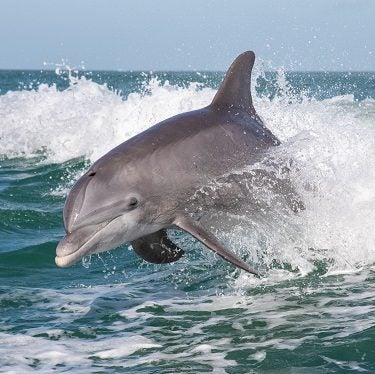
Donate Today
SUPPORT OUR WORK TO PROTECT THE OCEANS BY GIVING TODAY
With the support of more than 1 million activists like you, we have already protected nearly 4 million square miles of ocean.
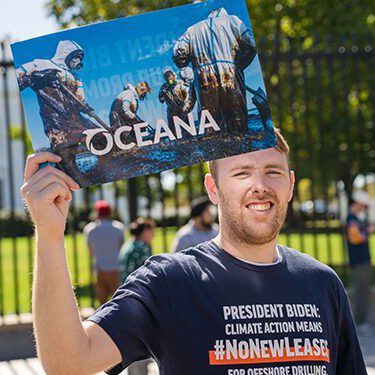
TAKE ACTION NOW
Support policy change for the oceans
Decision-makers need to hear from ocean lovers like you. Make your voice heard!
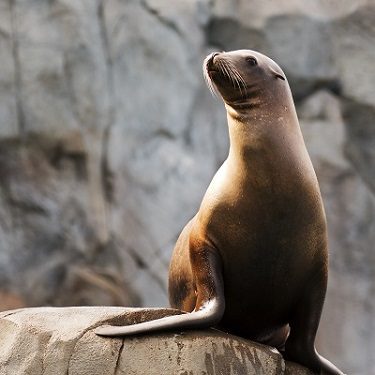
VISIT OUR ADOPTION CENTER
SYMBOLICALLY ADOPT AN ANIMAL TODAY
Visit our online store to see all the ocean animals you can symbolically adopt, either for yourself or as a gift for someone else.
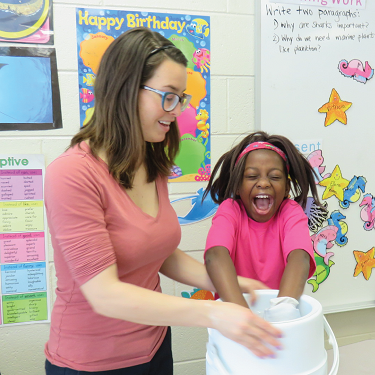
DOWNLOAD OCEAN ACTIVITIES
HELP KIDS DISCOVER OUR BLUE PLANET
Our free KELP (Kids Environmental Lesson Plans) empower children to learn about and protect our oceans!



